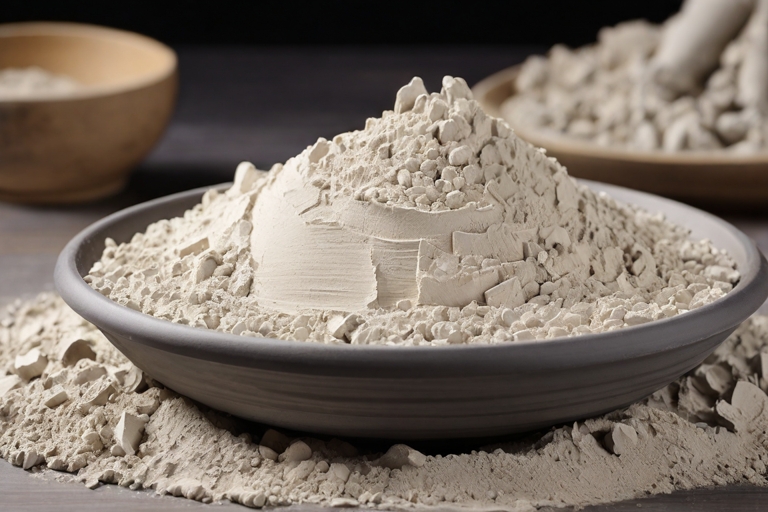Organoclay or bentonite is a natural mineral formed from the alteration of volcanic ash and is primarily composed of a group of clay minerals called smectite. Due to its unique properties such as high water absorption, swelling, viscosity, and ion exchange capacity, it has a wide range of applications in various industries, including paints, oil drilling, and greases.
Role of Organoclay in the Paint Industry
In the paint industry, organoclay is used as a multi-purpose additive. Some of its most important roles include:
- Thickener: Organoclay, by absorbing water and swelling, increases the viscosity of the paint and gives it a suitable consistency and thickness.
- Dispersant: Due to its high surface adsorption properties, organoclay helps to better disperse pigments and fillers in the paint and prevents them from settling.
- Waterproofing: Organoclay creates a protective layer on the paint surface, preventing the penetration of water and moisture into the paint and increasing the durability of the paint.
- Adhesion Enhancement: Organoclay increases the adhesion of the paint to the underlying surface by creating a bond between the paint and the surface.
- Cost Reduction: The use of organoclay as an additive can reduce the cost of paint production.
Role of Organoclay in the Oil Drilling and Grease Industry
In the oil drilling industry, organoclay is added to drilling mud as an additive. Due to its unique properties, this material plays important roles in the drilling process:
- Viscosity Control: Organoclay helps to maintain the stability of the well by controlling the viscosity of the drilling mud and preventing the collapse of the wellbore.
- Friction Reduction: Organoclay reduces friction between the drill bit and the wellbore, increasing drilling speed and reducing drill bit wear.
- Sealing: Organoclay creates a sealing layer on the wellbore, preventing the penetration of fluids into the formation.
- Suspension of Cuttings: Organoclay helps to suspend the solid particles generated during drilling in the drilling mud and prevents them from settling.
In the grease industry, organoclay is used as a thickener. This material, by absorbing base oil and creating a gel-like structure, helps to increase the viscosity and consistency of the grease. Organoclay also helps improve the water and heat resistance of grease.
General Properties of Organoclay
- High Water Absorption: Organoclay can absorb a large amount of water and swell.
- Viscosity: The viscosity of organoclay increases with water absorption.
- Ion Exchange Capacity: Organoclay can exchange its ions with other ions.
- High Surface Area: Due to its large internal surface area, organoclay has a high surface adsorption capacity.
In conclusion, organoclay, due to its unique properties, has a wide range of applications in various industries. This material, by improving the physical and chemical properties of various products, helps to increase their quality and performance.
